We've been receiving loads of new access to our landing page through an app and almost all users are using Android (possible to verify by looking at Public > Technology > Browsers & OS). I've tested the app and the page is loaded using the device's browser in-app.
However device category is being interpreted as desktop for every Android user that access it that way. Therefore on the "Real Time" tab it shows that more than 80% of visitors are coming from desktop which can confuse a lot of people including our clients.


Is there a way to either
- Tell Analytics that all Android devices should be considered mobile?
- Edit real time report to show browser and not device category, as it's showing correctly?
- Is there something I can do in my viewport meta tag to help this? It's currently
<meta name="viewport" content="width=device-width, initial-scale=1, maximum-scale=1, user-scalable=no">
Thank you!